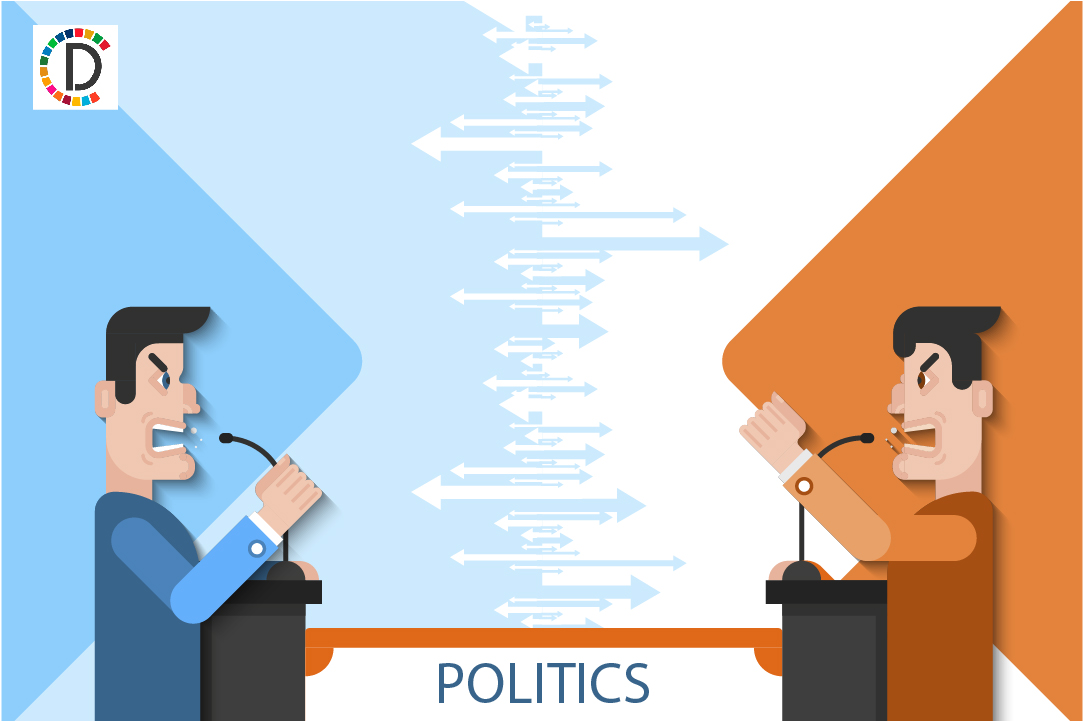Dutch Election Decides Between Populism and Centrist Revival
In a critical election, Dutch voters face a choice between the anti-immigration policies of Geert Wilders and a centrist approach led by parties like D66. Opinion polls show Wilders' once strong lead has diminished, creating uncertainty about the outcome amid a broader European battle against populism.

Dutch voters headed to the polls on Wednesday, deciding between Geert Wilders' nationalist agenda and a centrist revival led by parties like D66. Wilders, known for his anti-immigration stance, previously toppled the conservative coalition, making this election pivotal as his lead in polls has waned.
This election tests Europe's political landscape, with nationalist parties rising in Britain, France, and Germany. Major Dutch parties, including the Christian Democrats and VVD, have rejected coalition partnerships with Wilders, leaving his path to power uncertain unless he achieves a significant victory.
Amidst fluctuating public opinion, the Christian Democrats and D66 aim to unite the mainstream against populism. As voting concludes, initial exit polls are expected to provide insights into whether populist momentum has peaked or finds renewed strength.









